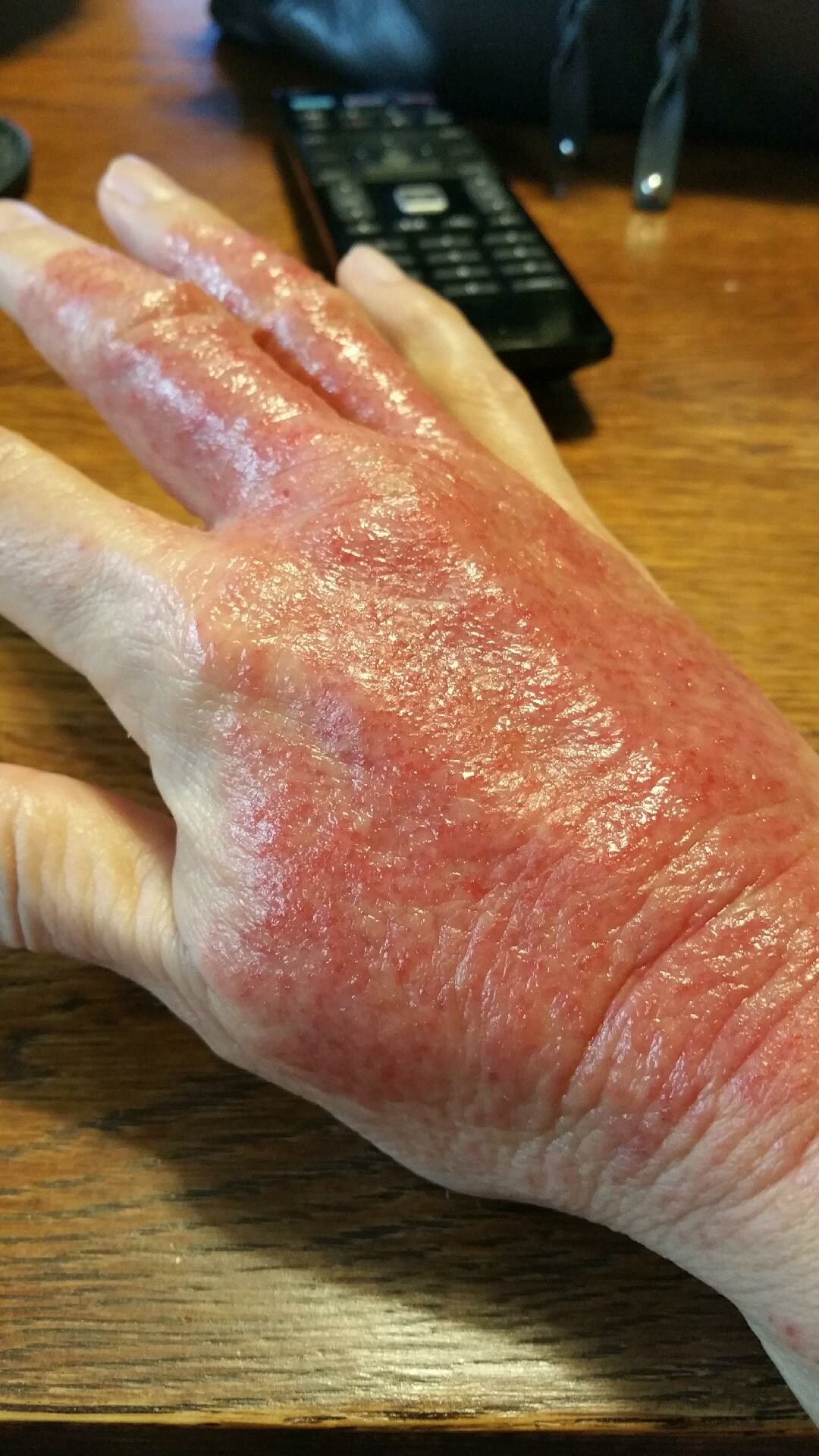
Bloating, belly pain, diarrhea, constipation .... is this what comes to mind when you hear the word "gluten"? This is just a short list as not everyone reacts to gluten in the same way. And, to complicate things, there are different gluten conditions:
- intolerance or sensitivity
- wheat allergy
- celiac disease (classical)
- celiac disease (non-classical)
- refractory celiac disease
And, then, there is "silent celiac disease".
What does it mean to be a "silent gluten" sufferer?
Although, there are truly some people who stay "silent" and say nothing about their condition .... a "silent gluten" sufferer .... or "silent celiac" .... is someone who has no obvious symptoms.
According to the National Celiac Association, approximately 83% of people with Celiac Disease go undiagnosed. Many feel they do not have the typical symptoms and so, do not feel it is relevant. However, a 2005 landmark study on celiac disease determined that 60% of children and 41% of adults diagnosed during the study were asymptomatic. Clearly, not having any gut symptoms does not mean a gluten sensitivity does not exist.
There is a 1 in 10 risk of developing celiac disease for all first-degree relatives. First-degree relatives are a parent, brother, sister, or a child. Whether you are experiencing symptoms or not, it is best to be on the safe side and get tested. Even second-degree relatives are at risk and is recommended to be checked. Second-degree relatives include aunts, uncles, grandparent, grandchild, niece, nephew and even half-sibling.
Are gut symptoms the only indicators of gluten sensitivity?
Researchers are discovering more and more that gluten "sensitivity" is more of a neurological disease rather than a gastrointestinal disease. In fact, two-thirds of those with gluten sensitivity experience neurological symptoms rather than gut symptoms. What are a few of the common neurological symptoms?
- cognitive impairment
- neuropathy
- migraines
- multiple sclerosis
- dementia
- restless leg syndrome
- hearing loss
- psychiatric disorders (bipolar, anxiety, etc)
As a health and wellness strategist and a celiac, one of the first things I ask my clients is: "have you been tested for gluten?" It never hurts to be tested. However, it is important to be tested with the right method such as the blood test offered by Cyrex labs.
There, of course, may be other health and lifestyle areas that are needing support and attention. These can be discovered through these health and wellness scans.
The goal is to get you feeling good. These methods will assist you in getting to the root or cause and get you back on the road to a healthier you.





















0 Comments